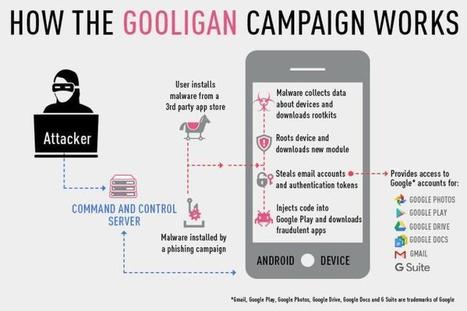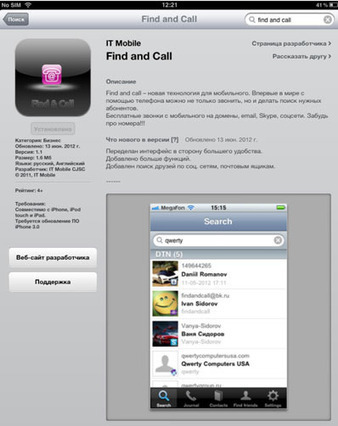Hackers have found a way to gain unauthorized access to Google accounts, bypassing any multi-factor authentication (MFA) the user may have set up. To do this they steal authentication cookies and then extend their lifespan. It doesn’t even help if the owner of the account changes their password.
Since the discovery of the exploit, numerous white and black hat security researchers have looked into and discussed the issue. As a result, the exploit is now built into various information stealers.
Learn more / En savoir plus / Mehr erfahren:
https://www.scoop.it/t/securite-pc-et-internet/?&tag=Two-factor+authentication
https://www.scoop.it/topic/securite-pc-et-internet/?&tag=2FA
https://www.scoop.it/t/securite-pc-et-internet/?&tag=DATA-BREACHES
https://www.scoop.it/topic/securite-pc-et-internet/?&tag=MFA



 Your new post is loading...
Your new post is loading...


















Hackers have found a way to gain unauthorized access to Google accounts, bypassing any multi-factor authentication (MFA) the user may have set up. To do this they steal authentication cookies and then extend their lifespan. It doesn’t even help if the owner of the account changes their password.
Since the discovery of the exploit, numerous white and black hat security researchers have looked into and discussed the issue. As a result, the exploit is now built into various information stealers.
Learn more / En savoir plus / Mehr erfahren:
https://www.scoop.it/t/securite-pc-et-internet/?&tag=Two-factor+authentication
https://www.scoop.it/topic/securite-pc-et-internet/?&tag=2FA
https://www.scoop.it/t/securite-pc-et-internet/?&tag=DATA-BREACHES
https://www.scoop.it/topic/securite-pc-et-internet/?&tag=MFA